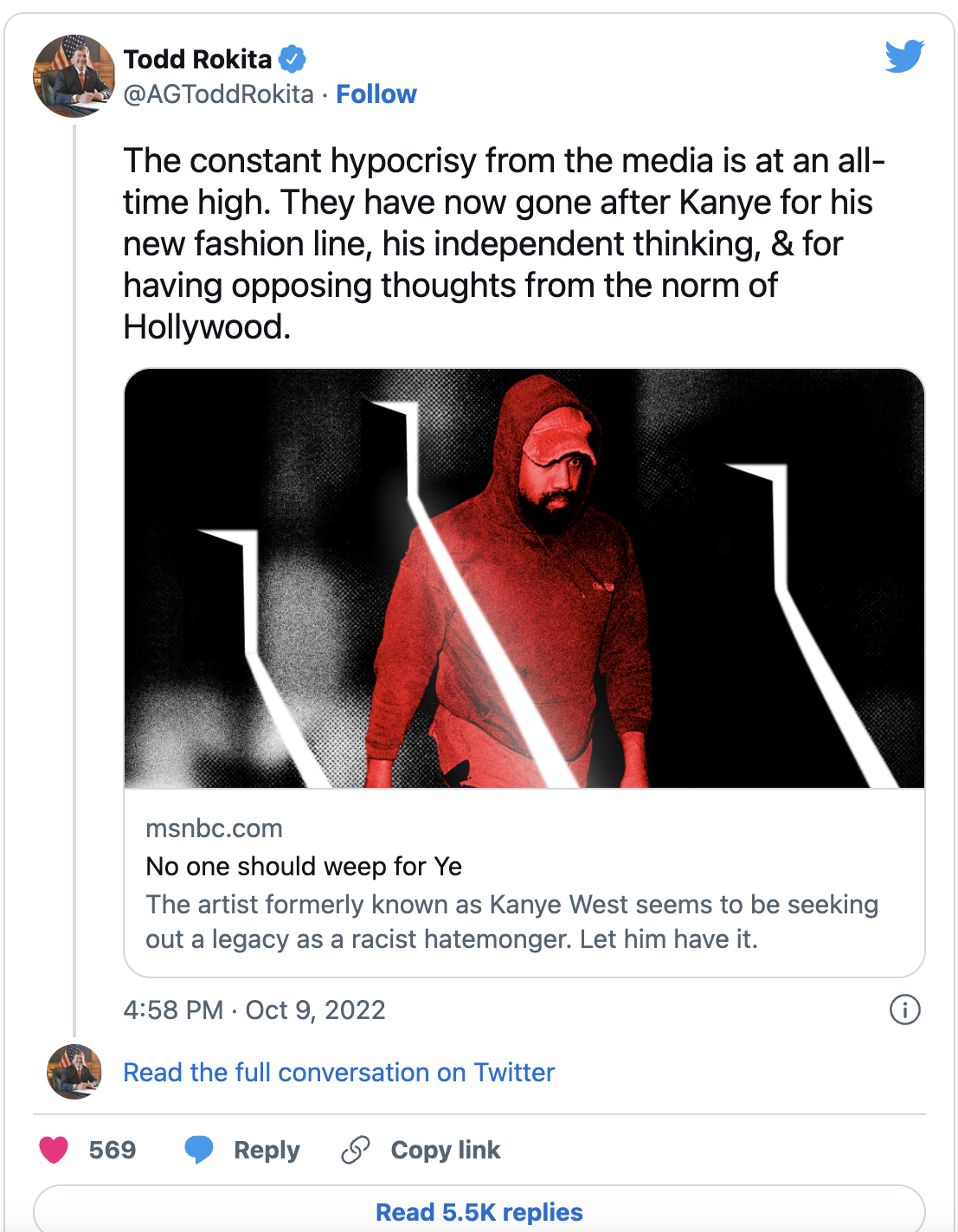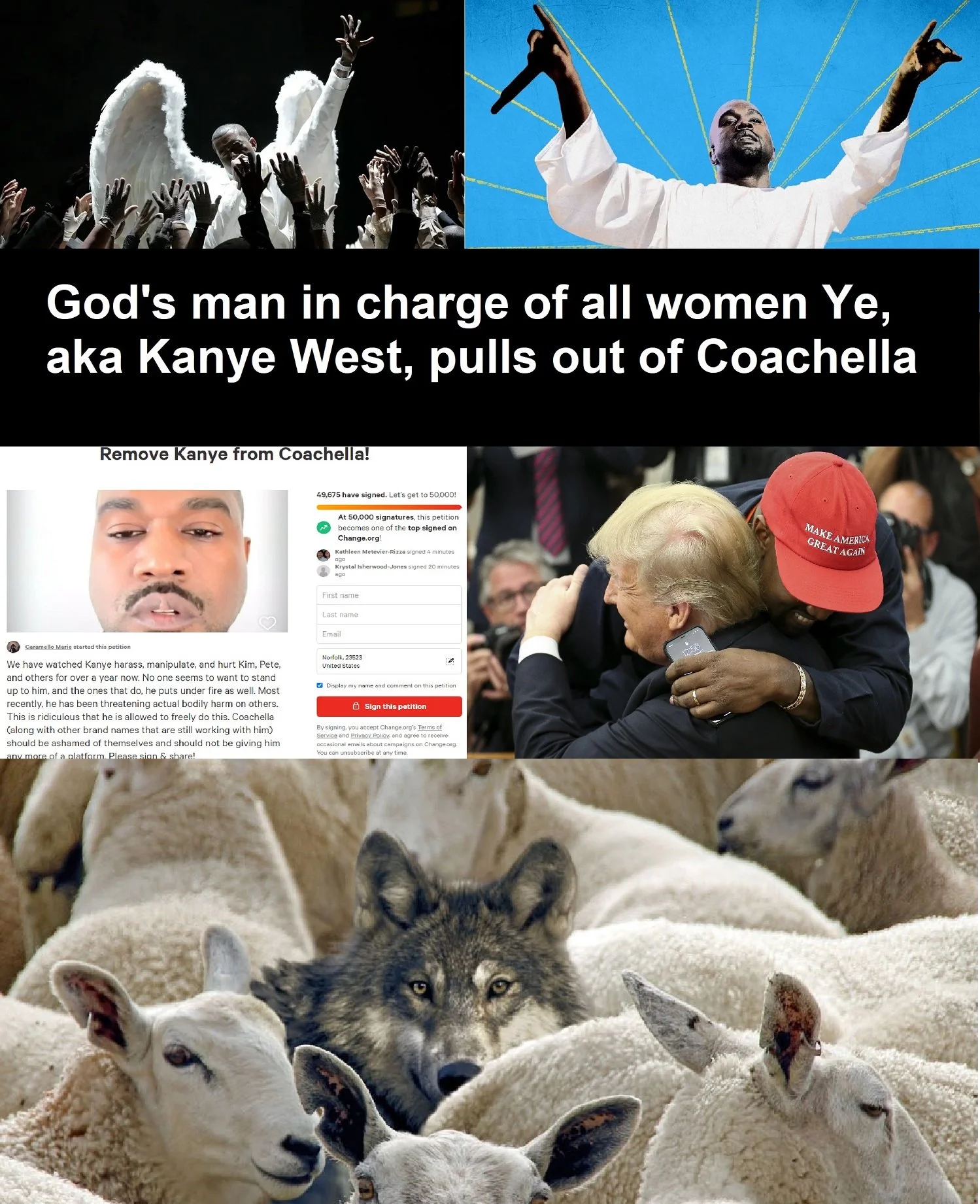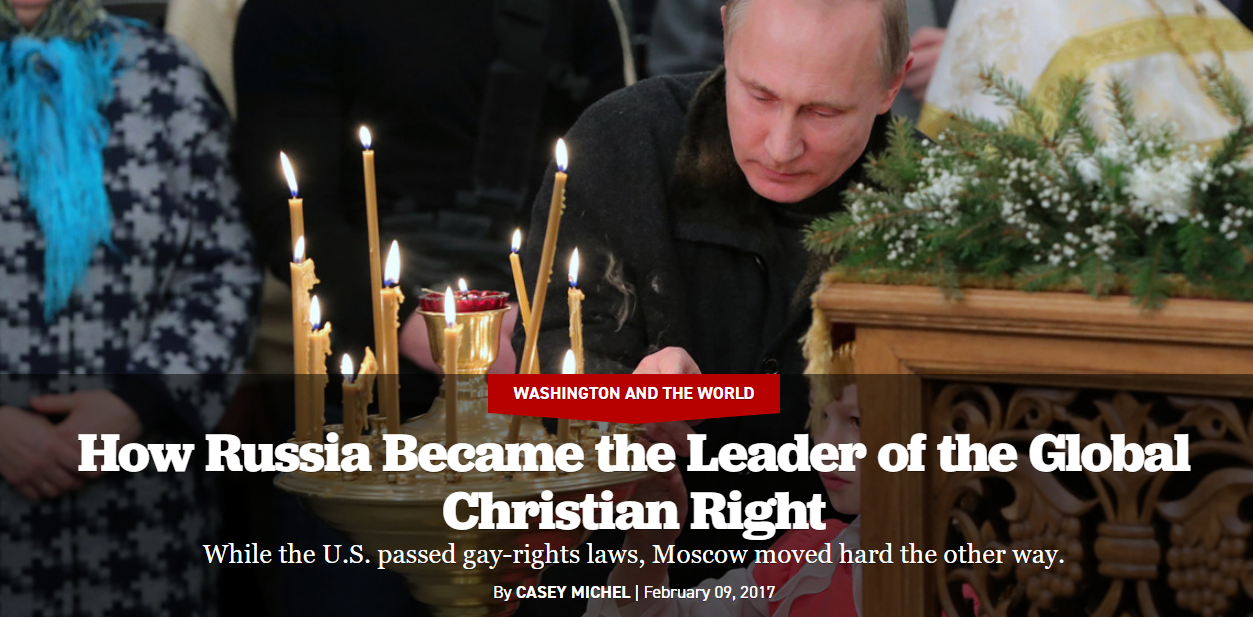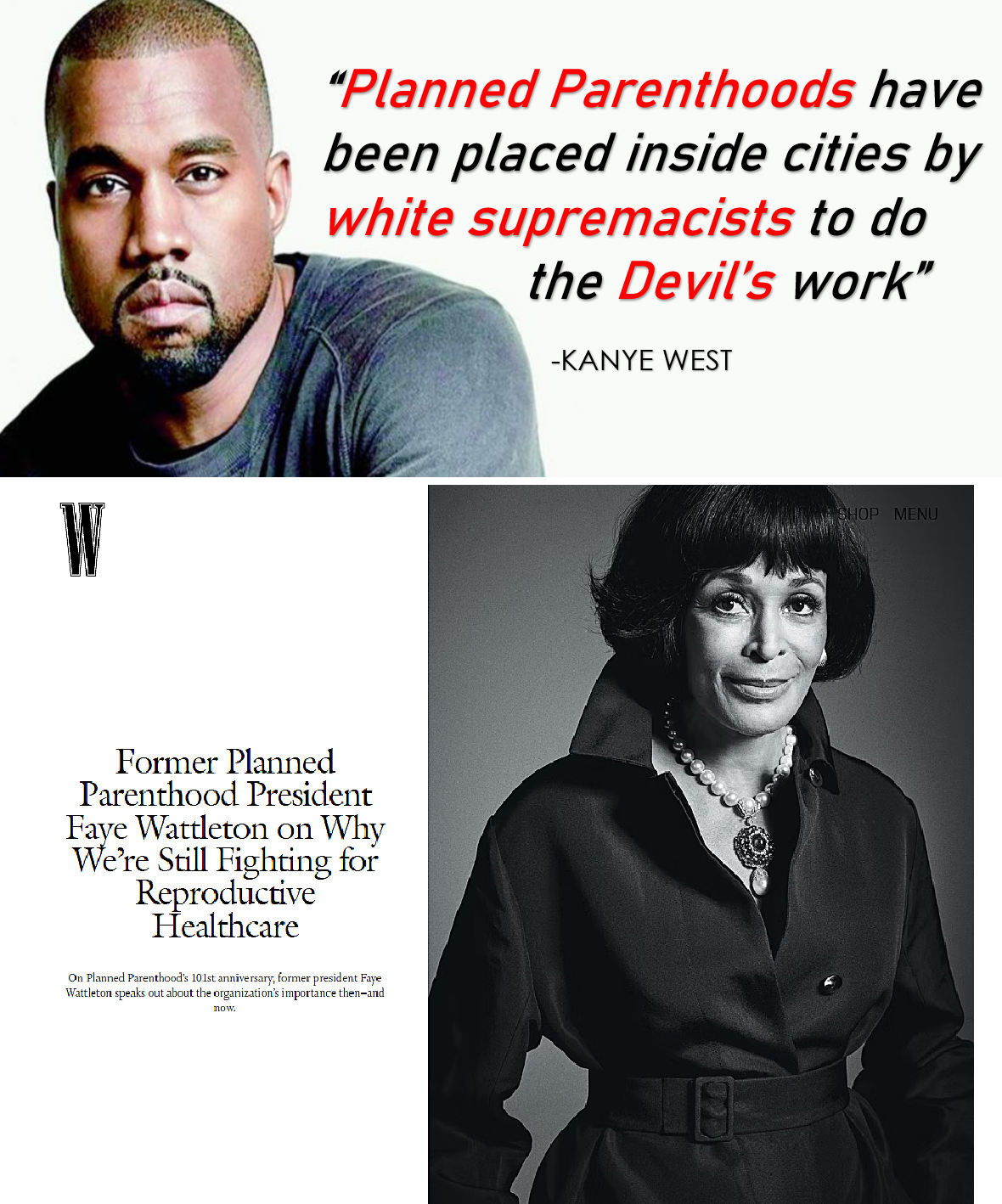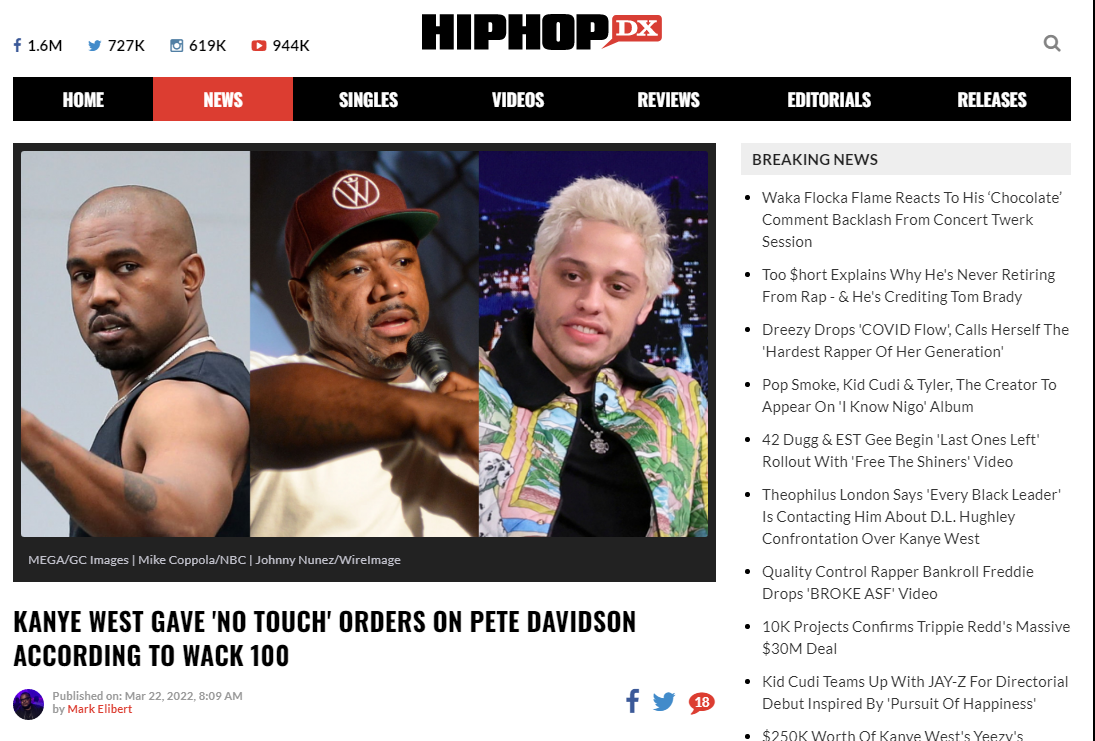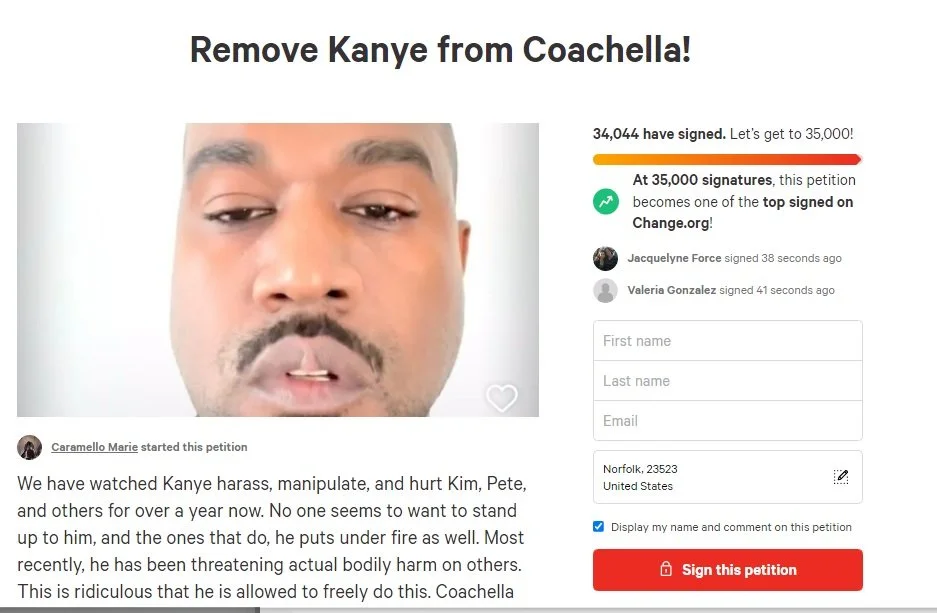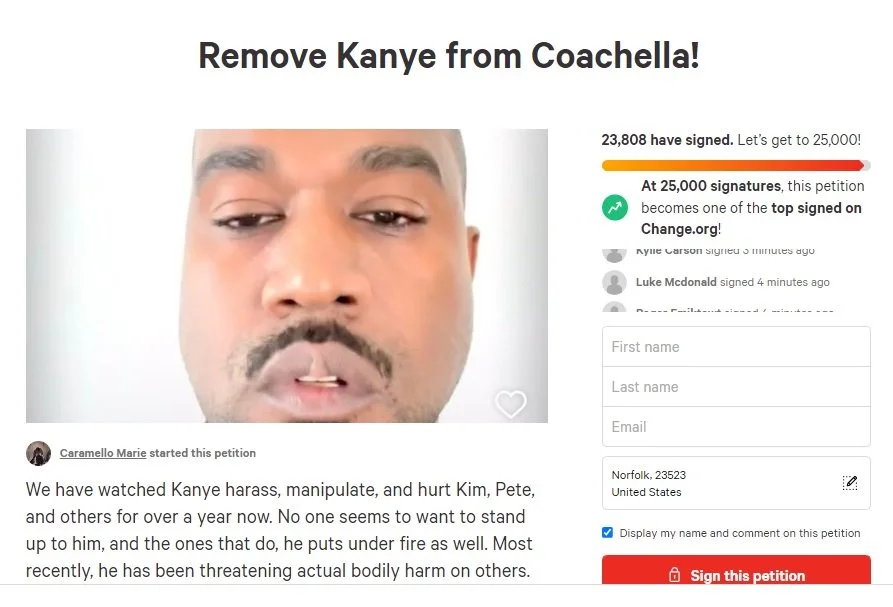Major Film Studios Follow Netflix In Putting Georgia On Notice Over Illegal Abortion Law
/Young women protest against quack-science “Heartbeat Bill” in Georgia.
It was a slow start on whether or not America’s film industry would become involved in Georgia politics, threatening to abandon existing projects and future expansion of filming major projects like the revolutionary, Oscar-winning ‘Black Panther’ movie.
Netflix was the first major studio to take a stand against the medical-quackery ‘heartbeat bill banning abortion at about six weeks, joining the ACLU lawsuit in fighting the law not only as an infringement of Roe v. Wade, but as pseudo-science that has no basis in medical facts.
Today, an onslaught of new studios including Viacom, CBS, Sony, AMC, NBC Universal and Warner Media raises their collective business voices against the new law.
"We operate and produce work in many states and within several countries at any given time, and while that doesn't mean we agree with every position taken by a state or country and their leaders, we do respect due process," WarnerMedia said in a statement on Thursday. "We will watch the situation closely, and if the new law holds we will reconsider Georgia as the home to any new productions. As is always the case, we will work closely with our production partners and talent to determine how and where to shoot any given project."
Jordan Peele and J.J. Abrams' show ‘Lovecraft County ‘ is currently in production in Georgia and both stars have said that they will donate their their episodic fees for the first season to the ACLU of Georgia and Fair Fight Georgia. Producer Jason Bateman, of ’Lovecraft County’ and ‘The Outsider’ says he will no longer work in Georgia if the law remains in place.
Georgia Handmaids promise a fight at the Georgia ballot box. Given the intense activism generated by Stacey Abrams’ governor’s race among women of color and white suburban women both, the Handmaid threats may bring ballot box results.
Virtually all of the players believe that the bills will lose in the federal court system. Still, every studio head speaking on this issue said they will leave Georgia if somehow the bill is upheld. Given the proliferation of ‘Heartbeat Law’ around the country, it’s entirely feasible that the film industry will only exist in blue states.
CBS, which films MacGyver in the state, chimed in. "Creative voices across our industry have expressed strong concern about the recently signed bill in Georgia. The ability to attract the best talent is the first step in producing great entertainment content and is always an important consideration in where we film any series," said a rep for the company. "We are monitoring the legislative and legal developments in Georgia with the full expectation that the process in the courts will play out for some time. For now, we will continue producing our series based there that have production orders for next season. If the law takes effect in Georgia or elsewhere, these may not be viable locations for our future production."
The Atlanta Constitution reports that Netflix’s position right now is that if producers and actors don’t want to work in Georgia, they have Netflix’s support. At least one Netflix movie has already relocated, in spite of Georgia’s generous tax credits that have helped the film industry generate $2.7 billion in state spending for the period ending June 30, 2018. Only California and New York generate more dollars in the business sector.
Gov. Brian Kemp, who narrowly beat popular Democrat Stacey Adams last November has declined to comment on the standoff since Netflix’s statement on Tuesday. On a separate note, on Thursday US District Judge Steve Jones rejected Georgia election officials’ motion to dismiss the lawsuit, filed by allies of Democrat Stacey Abrams after her 2018 loss to Kemp.
The lawsuit is seeking court intervention to stop voter registration purges, absentee ballot cancellations, precinct closures and potential voting machine tampering. The lawsuit alleges that racial minorities have suffered particular disenfranchisement under the Republican purges.
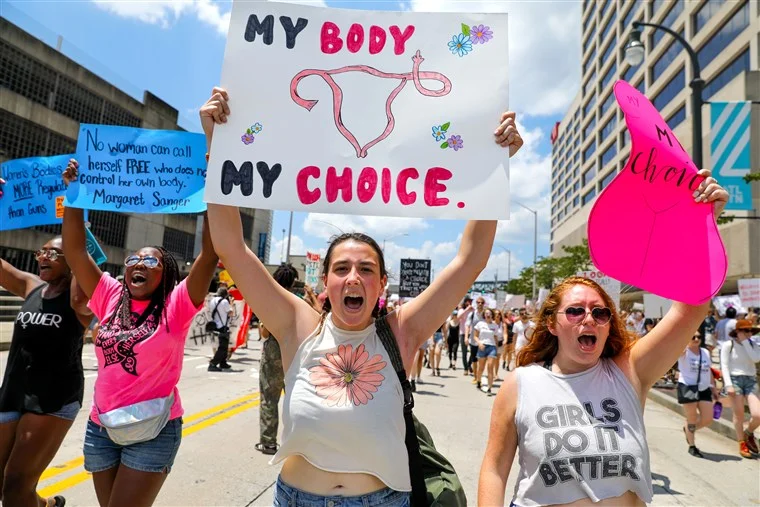
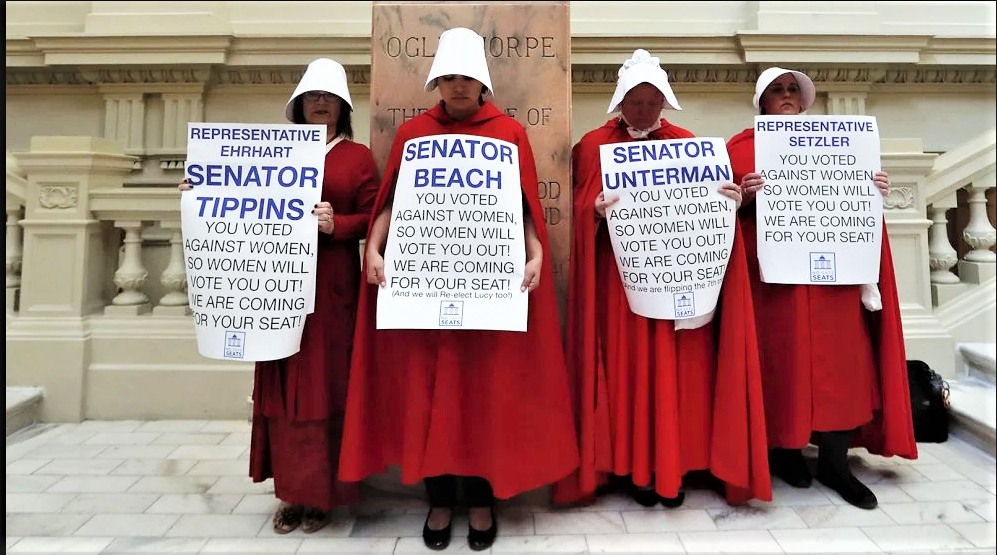
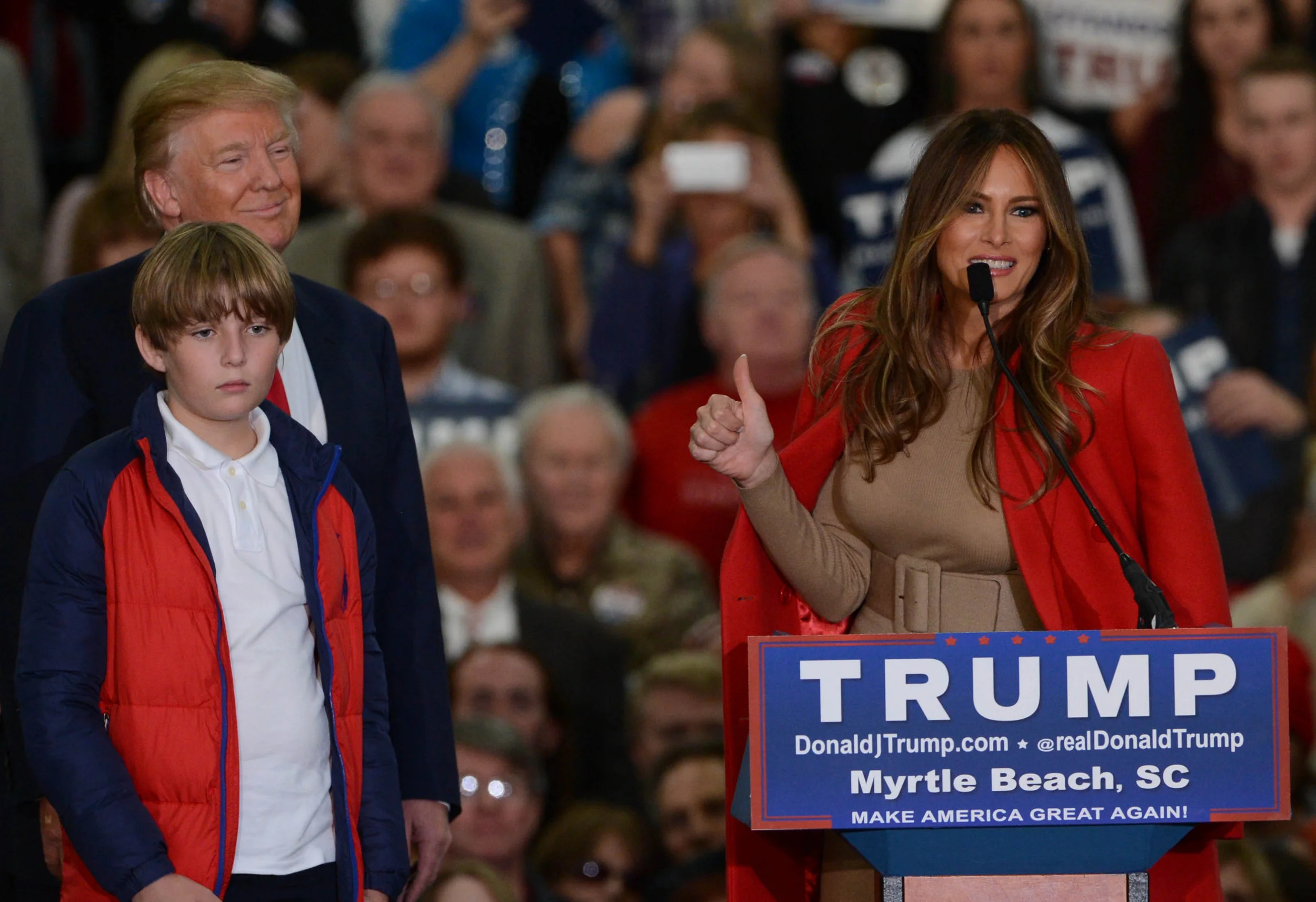
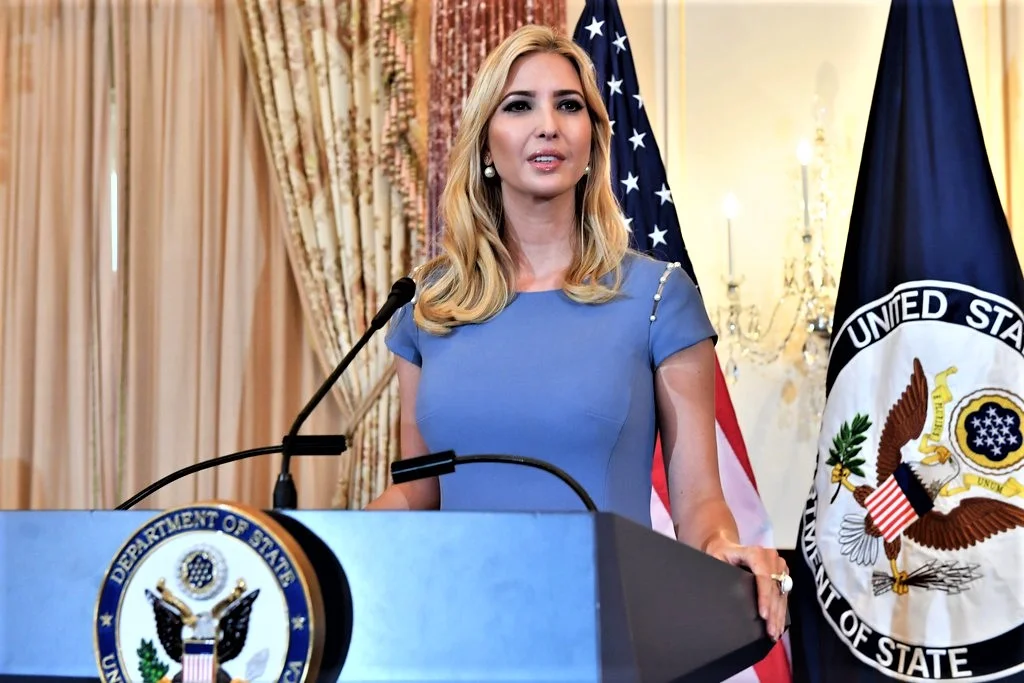
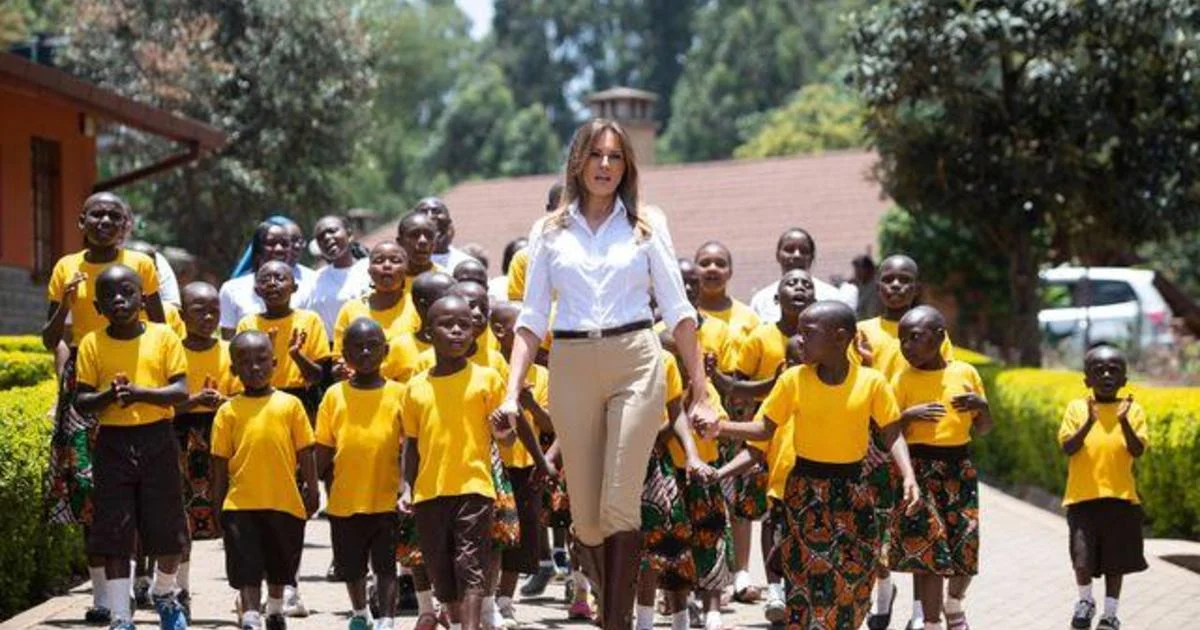


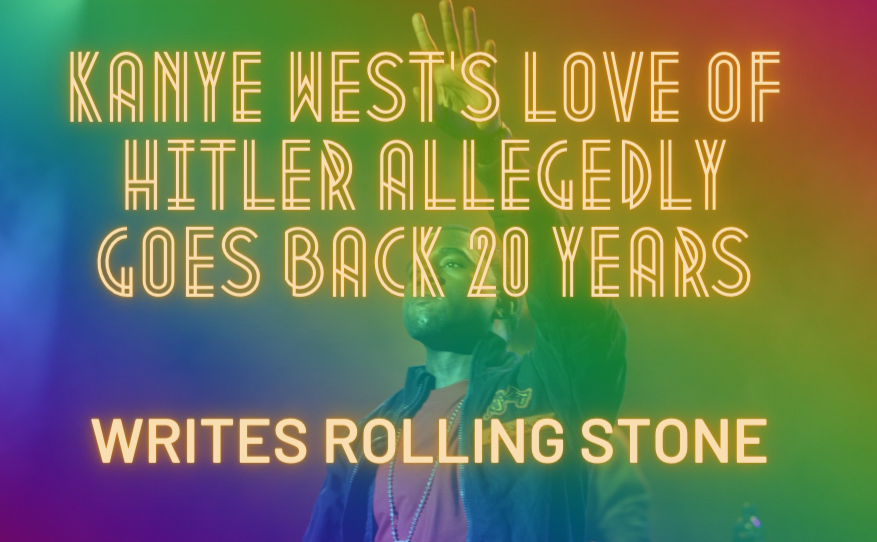






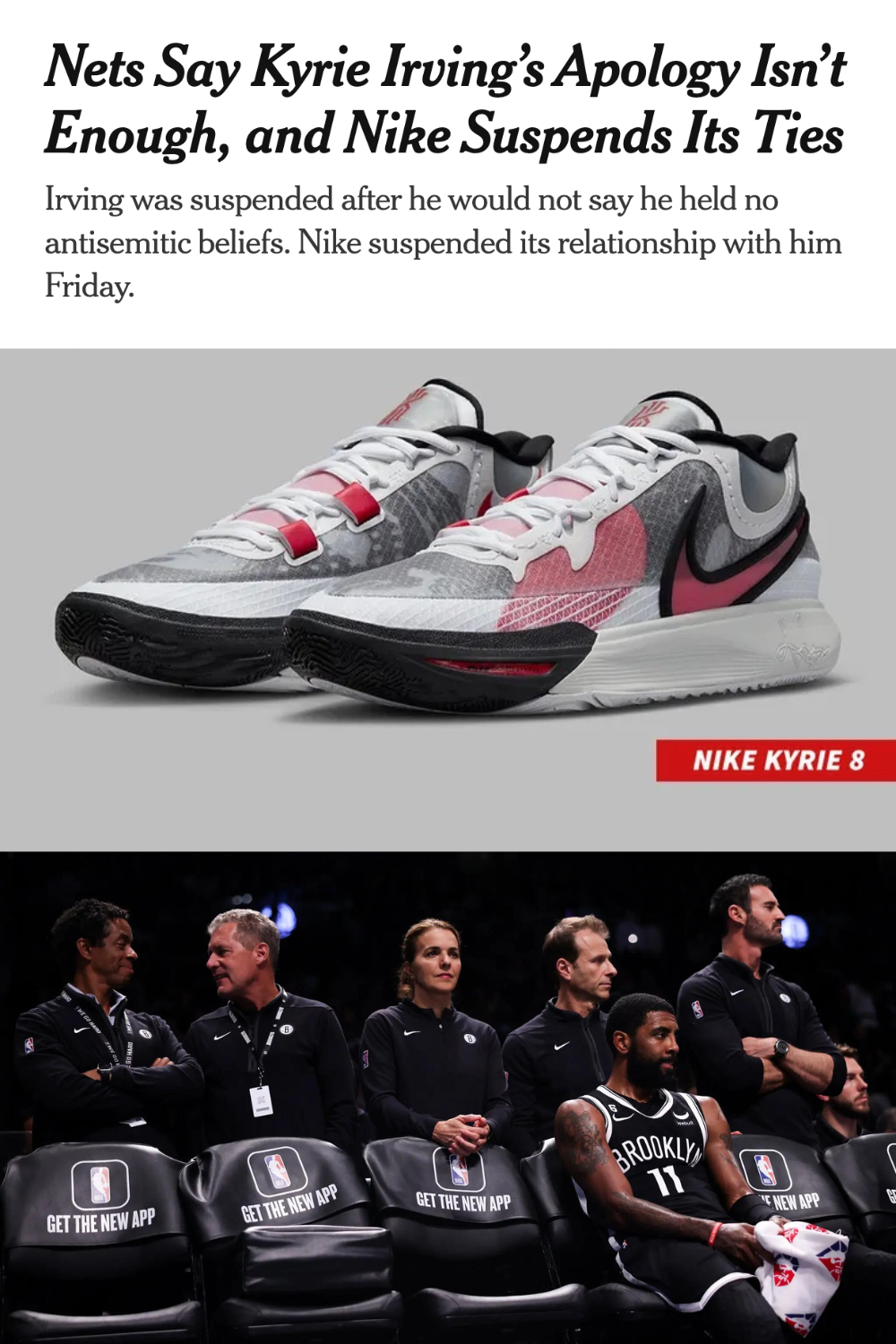
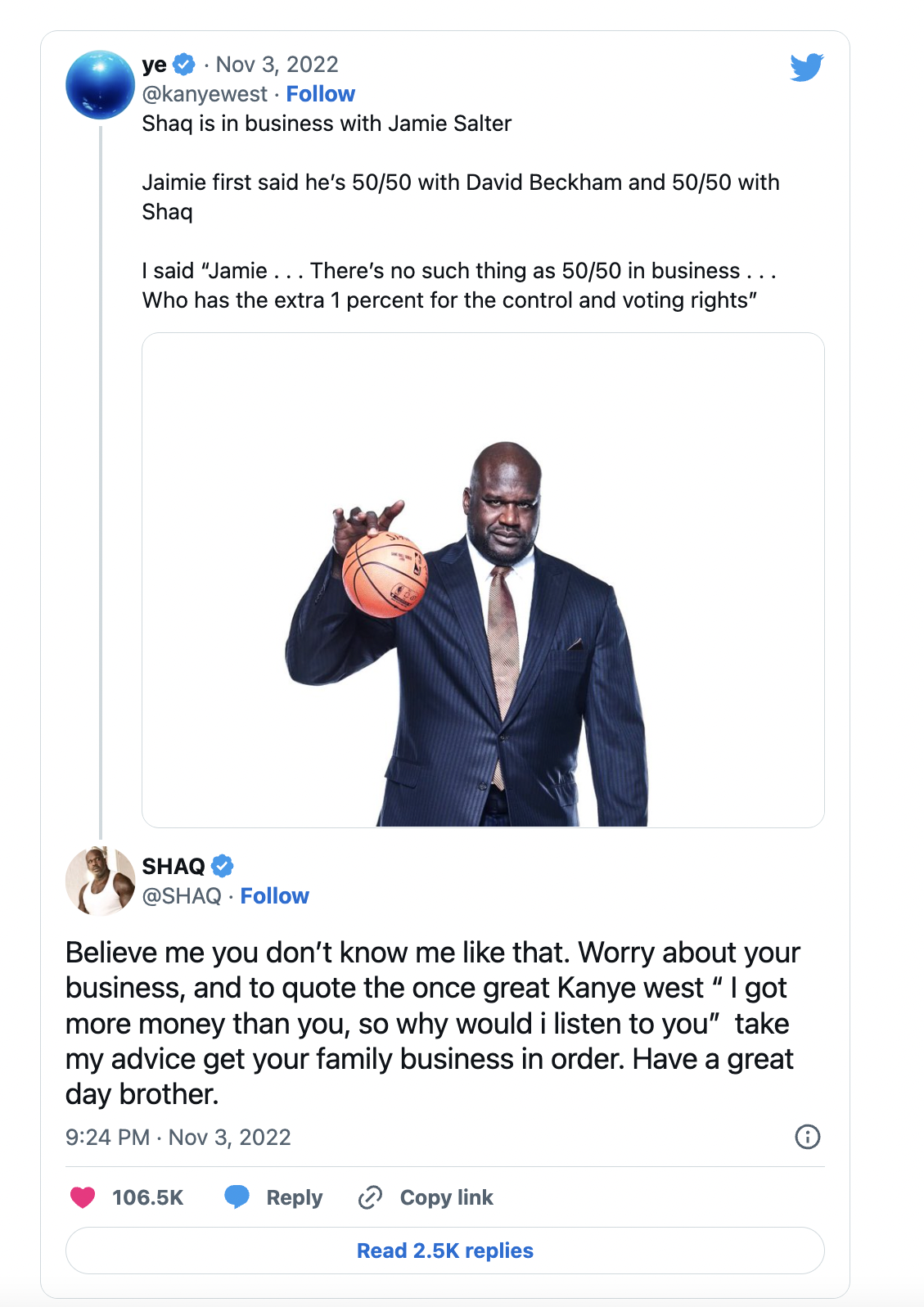










![Kanye West's [aka Ye] Refusal to Treat His Mental Illness Is No Excuse For His Anti-Semitism](https://images.squarespace-cdn.com/content/v1/55f45174e4b0fb5d95b07f39/1666238183530-4WVG9SNG88HTSKQ0WWDV/Is+Kanye-West-Running-Out-of-Platforms.png)
